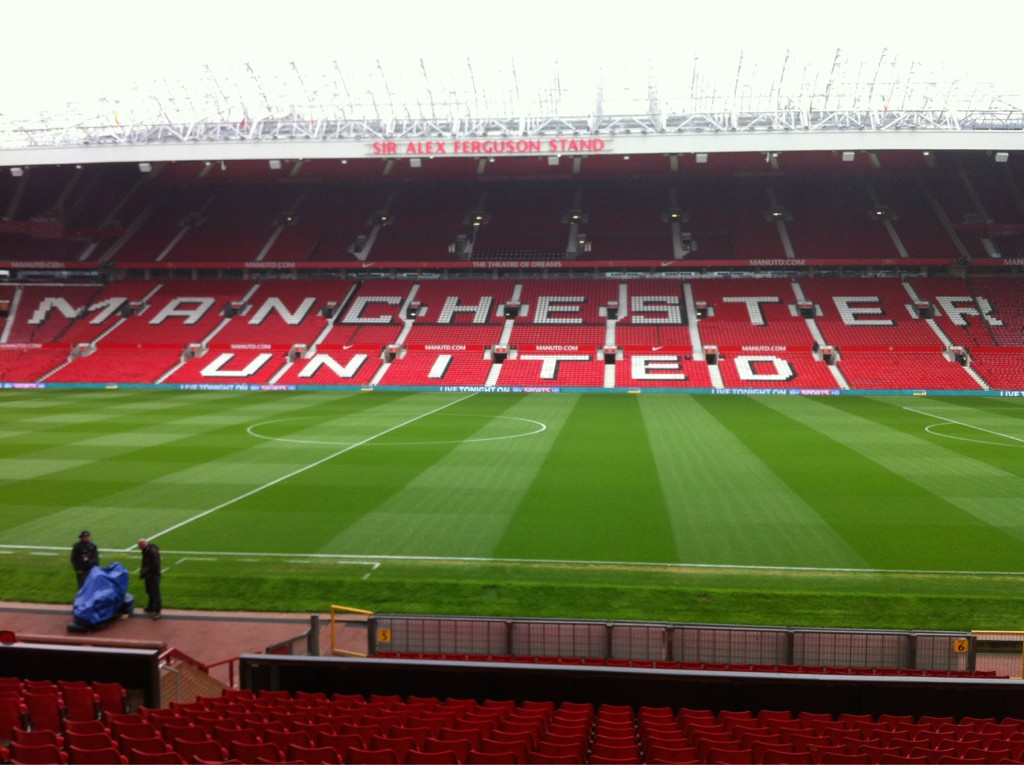 Manchester United have applied to become listed on the New York Stock Exchange as they step closer to becoming a publicly traded team again.
Manchester United have applied to become listed on the New York Stock Exchange as they step closer to becoming a publicly traded team again.
United’s owner the Glazers hope to raise £64m through the public offering and a prospectus filed by United to the Securities and Exchange Commission read:
“We intend to use all of our net proceeds from this offering to reduce our indebtedness.”
The decision to float shares in the U.S. comes after United abandoned similar plans involving the Singapore exchange because of volatility in the Asian markets. That stock float had been rumored to be a $1 billion listing so a $100m listing is a huge comedown for the Glazers and United.
With the clubs debt standing at $663.67 million, the stock float will only reduce the club’s debt by 10%, a figure that I don’t believe will have a major impact on the club’s ability to buy new players.
IPO DETAILS
Manchester United filed with the U.S. Securities and Exchange Commission on Tuesday to raise up to $100 million in an initial public offering of its Class A ordinary shares.
The Glazer family will hold class B shares, which will have 10 votes each, representing 67 percent of the voting power of all shareholders, effectively keeping the club’s management within its control.
Jefferies, Credit Suisse, J.P. Morgan, BofA Merrill Lynch and Deutsche Bank Securities are underwriting the IPO, Manchester United said in a preliminary prospectus. This leaves out Morgan Stanley, which was one of the investment banks originally expected to underwrite the Singapore listing.
United, which has been English league champions a record 19 times and has featured players such as England’s David Beckham and Portugal’s Cristiano Ronaldo, intends to list on the New York Stock Exchange.
The filing did not reveal how many shares it plans to sell or their expected price.
The amount of money a company says it plans to raise in its first IPO filings is used to calculate registration fees. The final size of the IPO could be different.


